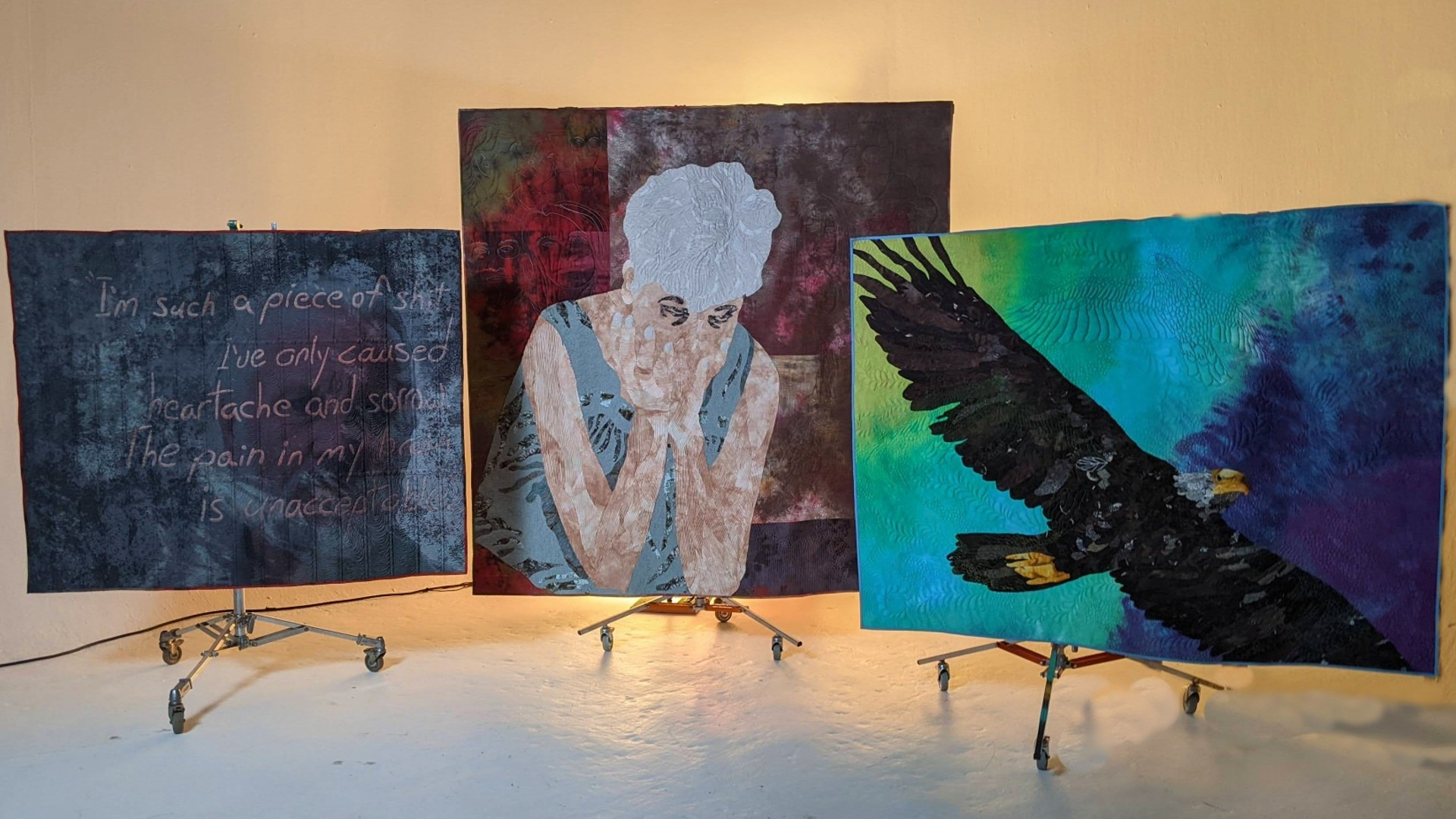Overtime
(Canada, 40 min.)
Dir. Jenny Lee-Gilmore
In 2020, filmmaker Jenny Lee-Gilmore debuted a narrative short film, Breakaway, following a young Chinese-Canadian girl longing for hockey stardom. Lee-Gilmore modelled the lead character Sammy (played by Kailee Lowe) after her mother who grew up in East Vancouver in the 1970s with dreams of playing hockey at the highest level. In her latest film, Overtime, Lee-Gilmore places her mom and muse, Kelley Lee-Gilmore, at the forefront.
Kelley holds a doctorate, is a university professor, and hasn’t lost a shred of her passion for hockey. At 60 years of age, she follows her favourite NHL teams meticulously but also regularly competes in her local club. Overtime showcases Kelley as an athlete who has faced her fair share of obstacles while simply trying to play the sport she loves, particularly in her teenage years.
The film also serves as a testament to the mother-daughter bond. Conversations between the two women reveal a tender and open relationship in which no question is off limits. There’s a burgeoning pride from both the participant and the interviewer that colours the entire film in a heartwarming vulnerability, emphasizing the trust they have in one another.
Overtime could have gone in many directions, and while race-based commentary dominates the early frames, it’s where the film ends up that’s the most compelling. As part of the Canada 55+ Games, Overtime follows Kelley and her teammates as they prepare for the women’s hockey competition. Like any good sports documentary, Lee-Gilmore captures the team at its lowest moments, sympathizing with the physical and mental toll, as well as celebrating the highest highs. Locker room moments show the raw intensity with which the athletes compete and a fire that’s far from dimming, which emphasizes the sheer will and determination within each of them.
With the Baby Boomer generation heading into retirement, the demand for competitions like the Canada 55+ Games has increased exponentially. Speaking with Kelley and her teammates about the Games, it becomes clear that the significance of the tournament goes beyond simple ego and glory. The Games represent an opportunity to maintain healthy activity levels, a way to house their competitive spirit and, more importantly, build a community of like-minded individuals and experience.
Given the potential and breadth that the Canada 55+ Games affords Lee-Gilmore, it’s almost a shame that the entire focus of Overtime isn’t on Kelley’s preparation for the competition and the competition itself. Some of the most compelling interviews and conversations in the film are between Kelley and her teammates who share their childhood love for hockey and how that love was frowned upon because young girls were expected to find other hobbies.
The subject of the film lends an unexpected intimate tone, but the way in which Lee-Gilmore quietly executes this intimacy illustrates a dynamic eye for storytelling and filmmaking. By showcasing the specificity of Kelley’s adolescent recounting, Lee-Gilmore brings to light the universal truth about the great satisfaction that comes with pursuing one’s passion. It’s through this found truth and joy that Overtime inspires and motivates us to recapture our dormant enthusiasm and appreciate time with our moms that much more.














